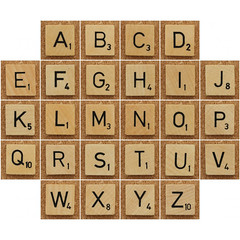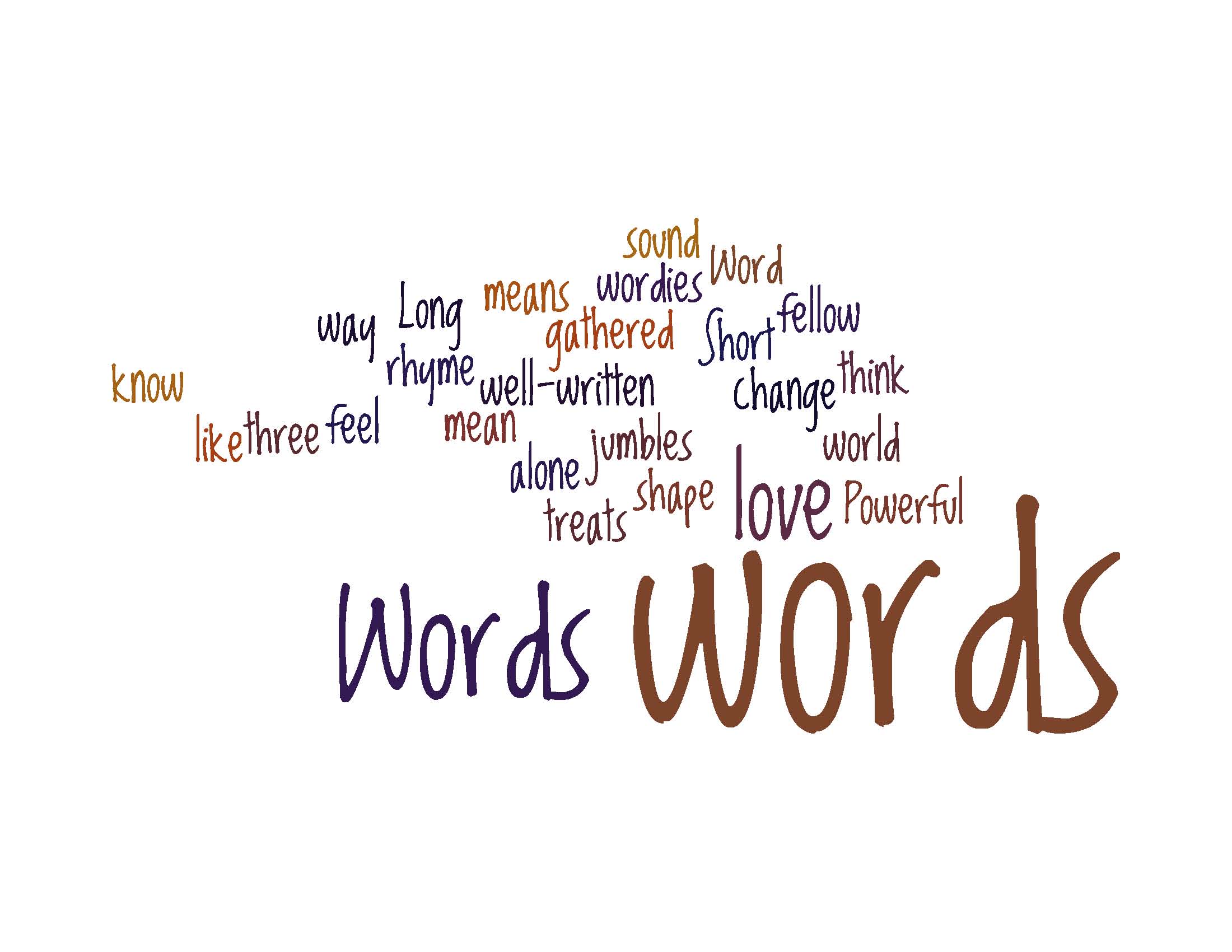When my parents travel from Illinois each summer to spend a few months on Lake Champlain with us, our evening entertainment (besides the sports game that happens to be on TV in the background) is playing Scrabble®. Okay, so how do I get from Scrabble to marketing communications? It’s really not much of a stretch. Humor me for just a moment…
 This summer we upped the competitive nature of our Scrabble playing by creating an Excel spreadsheet to track our games. We dubbed this file, “Family Rumble 2010.” My husband, the spreadsheet wiz, inserted all the formulas that would enable us to track who had the highest and lowest game, highest winning percentage, highest average and highest number of wins overall.
This summer we upped the competitive nature of our Scrabble playing by creating an Excel spreadsheet to track our games. We dubbed this file, “Family Rumble 2010.” My husband, the spreadsheet wiz, inserted all the formulas that would enable us to track who had the highest and lowest game, highest winning percentage, highest average and highest number of wins overall.
My mother is the one who usually ends up playing all seven tiles-creating the longest words-often during her first few plays (which can really dampen the enthusiasm around the table). For those Scrabble novices out there, if you use all seven tiles you not only get the score of the word you played, you also get a 50-point bonus. The seven-letter word can be a game-changing experience.
This year, however, my brother-in-law (whom shall remain nameless) came away the winner in all categories-highest winning percentage, highest average, game high. How did he do it? Did he overtake my mother in her ability to consistently use all seven tiles, score the 50 bonus points and create the biggest words? No. It was much simpler than that. He was very consistent and scored very high with the two-letter word combinations. So infuriating! He worked very carefully each turn to strategically place just a couple of tiles to create common two-letter words such as “we,” “he,” “oh” and “za” (yes, it’s short for “pizza”)-and he scored huge points with them! (For the complete list of the 102 accepted two-letter words in Scrabble, check out http://www.trussel.com/scrabble/2words.htm.)
Here’s the connection to effective communications: We often have to remind clients that our goal in writing and communicating isn’t to use the biggest, most impressive, words we know (also known as jargon). Our goal is to communicate with words and language that will be understood. (Depending on the audience and the client, we often suggest writing to the sixth-grade level.) You can find additional helpful guidelines about business communications in this classic for Wisconsin Business Alumni.
So what’s the lesson from the Scrabble board? It’s not always the big words that score the big points…it’s the simple little words, words that people know, that help ensure your message is understood and ultimately enables you to communicate effectively with your audience.
Photo credit: Leo Reynolds, Flickr, Creative Commons Share Alike


